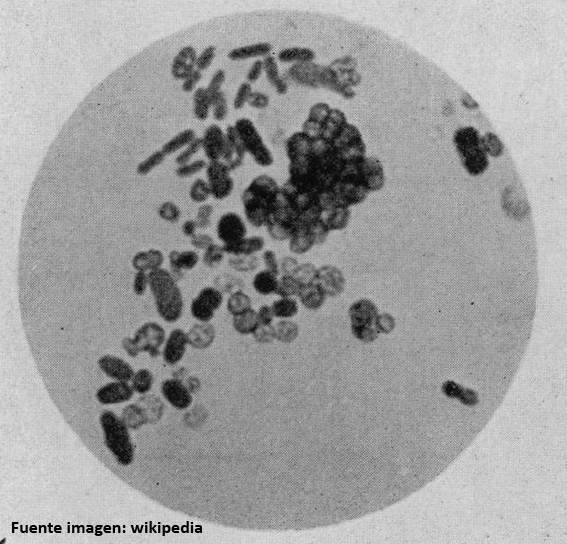
Biological nitrogen fixation is a microbial process based on the enzymatic conversion by “nitrogenase” of atmospheric nitrogen (N2) into ammonium readily absorbable by roots. N2-fixing microorganisms, collectively referred to as “diazotrophs”, are capable of biologically fixing N2 in association with plant roots. Specifically, symbiotic rhizobacteria induce structural and physiological modifications of bacterial cells and plant roots into specialized structures called nodules. Other N2-fixing bacteria are free-living fixers that are very diverse and globally widespread in croplands.
They represent a key natural source of nitrogen (N) in natural and agricultural ecosystems that lack symbiotic N fixation. Azotobacter species are important free-living N2-fixing bacteria and potential bacterial biofertilizers with proven efficacy for plant nutrition and biological soil fertility. Some beneficial traits of Azotobacter for plants are nutrient use efficiency, protection against phytopathogens or biosynthesis of phytohormones, as well as being an effective component of integrated plant nutrition strategy, which positively contributes to sustainable agricultural production.
Azotobacter-based biofertilizers possess unique characteristics such as cyst formation that confer resistance to environmental stresses. These beneficial traits can be further explored in order to investigate and develop specific formulations based on Azotobacter cyst inoculants.
Aasfar, A., Bargaz, A., Yaakoubi, K., Hilali, A., Bennis, I., Zeroual, Y., & Meftah Kadmiri, I. (2021, February 25). Nitrogen Fixing Azotobacter Species as Potential Soil Biological Enhancers for Crop Nutrition and Yield Stability. Frontiers in Microbiology. Frontiers Media S.A. https://doi.org/10.3389/fmicb.2021.628379


